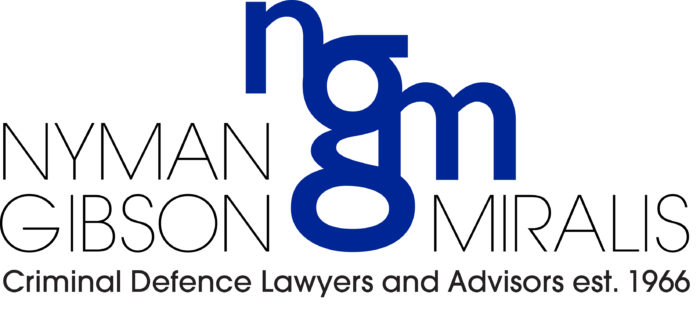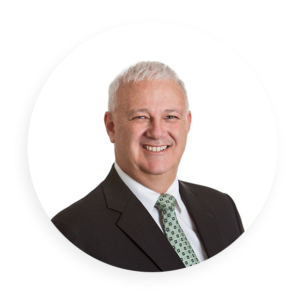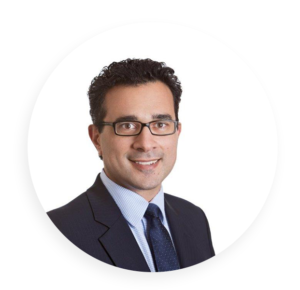Protecting the rule of law in a global environment
As the boundaries of the world shrink the world of international crime grows.
“Traditionally, crimes were committed within geographic borders,” says Phillip Gibson, partner at Nyman Gibson Miralis.
“Today we have the internet, encryption and different digital currencies, the ability to travel more and to travel more freely, and borders within certain geographic areas that aren’t effectively enforced.”
“With the expansion of international crime, Australian lawyers now need to be across international issues. They need to be capable of gathering evidence from countries throughout the world – in a landscape that is changing rapidly and is very different to even 10 years ago.”
Dennis Miralis, a partner at Nyman Gibson Miralis, whose practice focusses on transnational crime says there is more cooperation between the law enforcement agencies of different countries, because it’s become “more necessary” and this means that people’s rights have the potential to be threatened in multiple jurisdictions and people can become caught up in much more complex situations than ever before.
“At the heart of what we do is the belief that more than ever human rights and basic protections are facing great challenges and a better framework to respond to these issues needs to be developed in Australia and globally.”
“An Australian business person might be a naive, honest trader conducting an internet business and without realising it, might have breached the regulatory or security laws of another country. For example, there might be American laws that they haven’t complied with.”
“Or they might be trading in a cyber currency and not have dealt with the different regulatory and security requirements of a number of countries.”
More complex cases involve the defence of those accused of international economic crimes, transnational money laundering, cartels, breaches of U.N sanctions, bribery and corruption, and cybercrime.
“The allegation might be that the crime was committed in a foreign country but the accused is now here in Australia”, Gibson says.
“Our role is to deal firstly with the law enforcers and prosecutors of the person’s home country, to defend them if they are being prosecuted and then resist their extradition if there are grounds to fight it.”
“We aim to get involved before the process of extradition starts, since it can be a difficult process to stop once it starts.”
“We need a full working knowledge of how INTERPOL operates. Some countries will arrest a person on the basis that INTERPOL has issued a ‘Red Notice’. The system is open to abuse, especially by countries that don’t have extradition treaties.”
Nyman Gibson Miralis has been involved in cases concerning the USA’s Federal Bureau of Investigation (FBI) and its Department of Justice, the Serious Fraud Office and the Crown Prosecution Service of the United Kingdom.
“We’ve also dealt with regulators and law enforcement in South Korea and Canada, Hong Kong, Russia, Sweden, the Czech Republic, South Africa, and New Zealand. We have given expert evidence to the court in New Zealand about our extradition laws. We’ve worked on a number of complex cases involving China and Chinese nationals.”
“Often in these cases you need to act quickly. People can be arrested and extradited or have their assets frozen and for us this involves awareness of other jurisdictions and the capacity to go quickly to other countries to gather evidence”.
“We see ourselves as the leaders of the field of International Criminal Law in Australia. We’ve developed close relationships with like-minded lawyers in other countries and we’re part of Denton’s Next Law Global Referral Network.”




